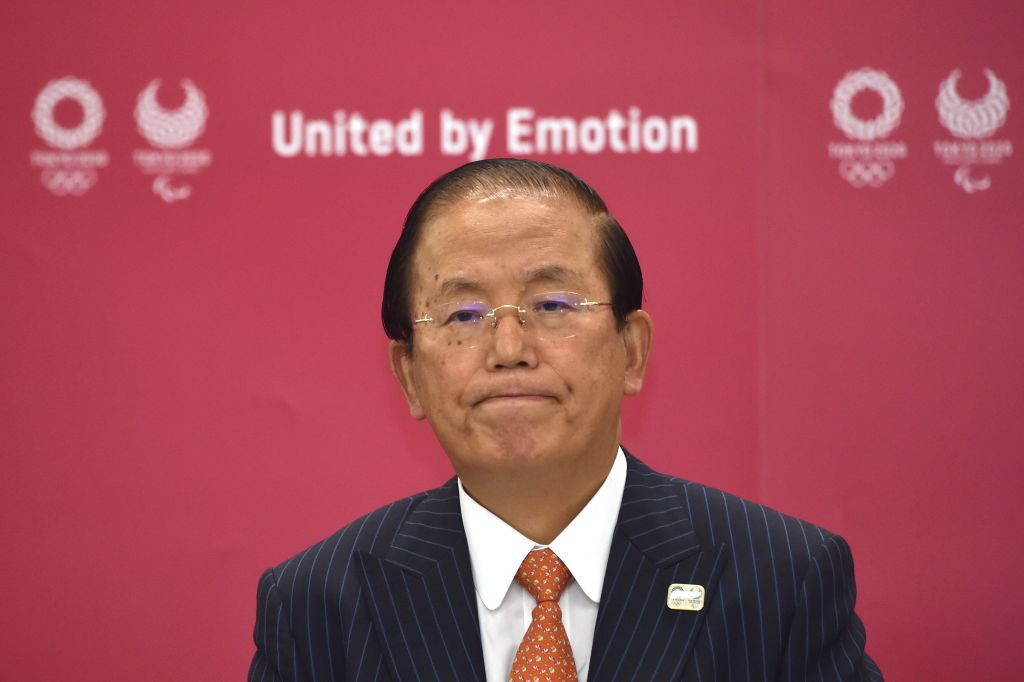Around "50 to 60" items aimed at simplifying the Tokyo 2020 Olympic and Paralympic Games are set to be approved in the coming weeks, according to Organising Committee chief executive Toshirō Mutō.
Speaking after the latest meeting of the Tokyo 2020 Executive Board today, Mutō said he expects an agreement on the items will be reached following discussions with the International Olympic Committee (IOC) Coordination Commission on September 24 and 25.
The measures – which target reducing costs and ensuring the safety of athletes and spectators – include the number of people involved in the Games, infrastructure and Ceremonies, Mutō added.
The Tokyo 2020 chief admitted the exact cost of the items would not be available until December.
"We expect to have an agreement on the (50 to 60) items, but the ballpark figure on the reduction won't be available immediately because we need to thoroughly examine the numbers," Mutō said.
Mutō also said not to expect a decision on if or how spectators will be able to attend the Olympics and Paralympics, pushed back to 2021 due to the coronavirus pandemic, by the end of the year.
Organisers have repeatedly stressed that they are including crowds in their planning for the rescheduled Games, but leading officials from both the IOC and Tokyo 2020 have acknowledged holding events without spectators is a possibility.
How fans can attend the Games is set to be the main subject of a meeting of a panel assessing coronavirus countermeasures in November.
"When it comes to the specific numbers and how much of the percentage of total capacity should be allowed, I can't say whether that will be decided by December," Mutō said.
"We need to keep a close eye on the situation with the COVID-19 spread.
"We shouldn't make a decision right before Games time, but definitely we should observe the situation thoroughly."
The first set of COVID-19 countermeasures are set to be revealed by the end of the year, a timeline reiterated by IOC vice-president and Tokyo 2020 Coordination Commission chairman John Coates today.
Border controls, COVID-19 countermeasures at venues, plans for dealing with infected people, pre-Games training camps, rules for public transport and the necessity of an isolation period upon entry into Japan are all being discussed.
"Our decision at the moment is to go ahead," Coates, who recently claimed Tokyo 2020 will take place next year irrespective of the coronavirus pandemic, said.
"What we wait for is to decide what counter-measures we need to go ahead with, to proceed depending on what stage COVID is at.
"The extent of the ceremonies, the extent of the crowd participation, any necessary quarantine when they arrive in Japan.
"All of those things.
"And by the time we get to the end of the year we'll make an assessment on what counter-measures we'll need to apply."

